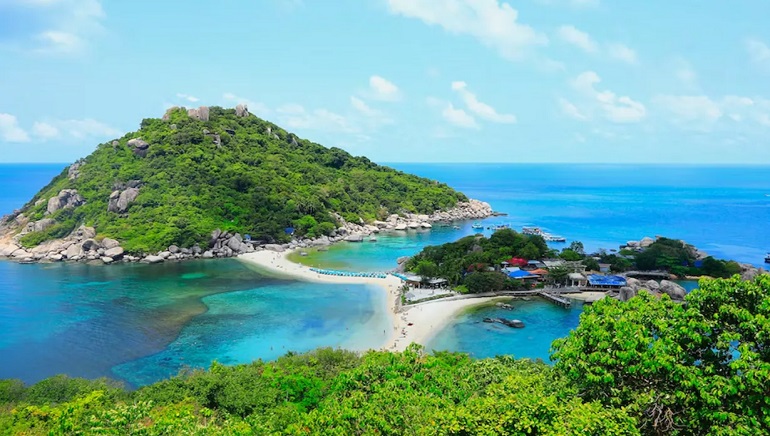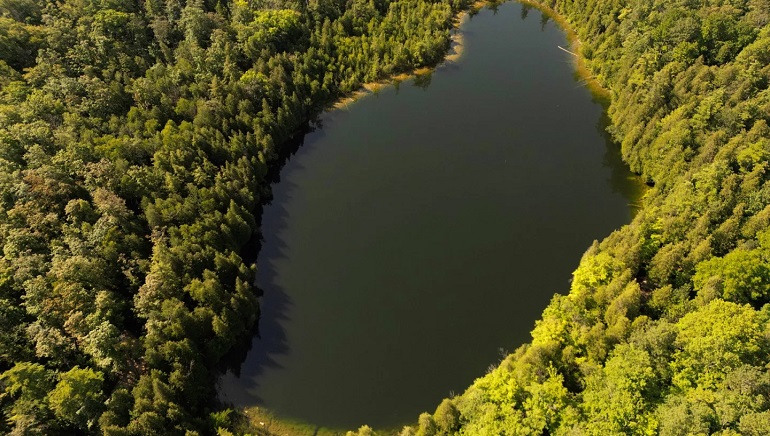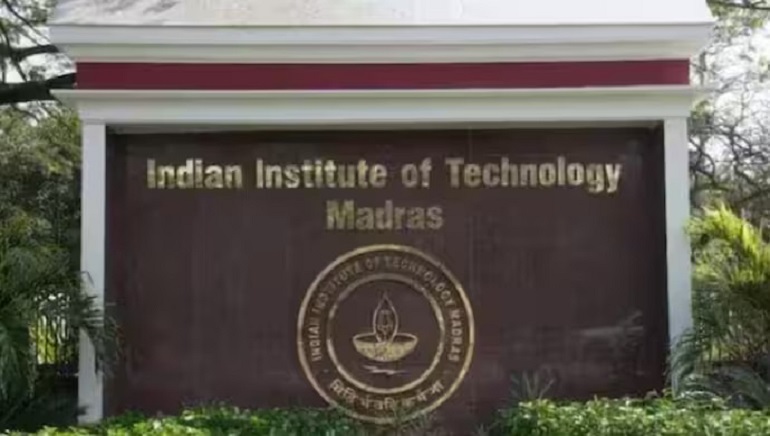Singapore’s passport is the most powerful in the world, according to the latest Henley Passport Index, which was published on July 18. According to the index, Singaporeans can travel to 192 out of 227 travel destinations in the world without a visa.
Japan’s passport ranked No. 1 on the index for the last five years. The country fell behind Germany, Italy and Spain, all of whom are tied for second place, offering visa-free access to 190 travel destinations to their passport holders.
Japan is now in a tie for third on the index with six other nations, Austria, France, Finland, Luxembourg, South Korea and Sweden with 189 destinations without a visa.
The index ranked the US a spot from last year to eighth place, tied with Lithuania, with 184 travel destinations without a visa.
According to Henley & Partners, a London-based global migration consultant group, only eight countries have seen less visa access than they had a decade ago. It found that the three weakest passports in the world are Syria, Iraq and Afghanistan, which can take its citizens to 30, 29 and 27 destinations, respectively.
The index is based upon exclusive data from the International Air Transport Association, a major travel information database.
























